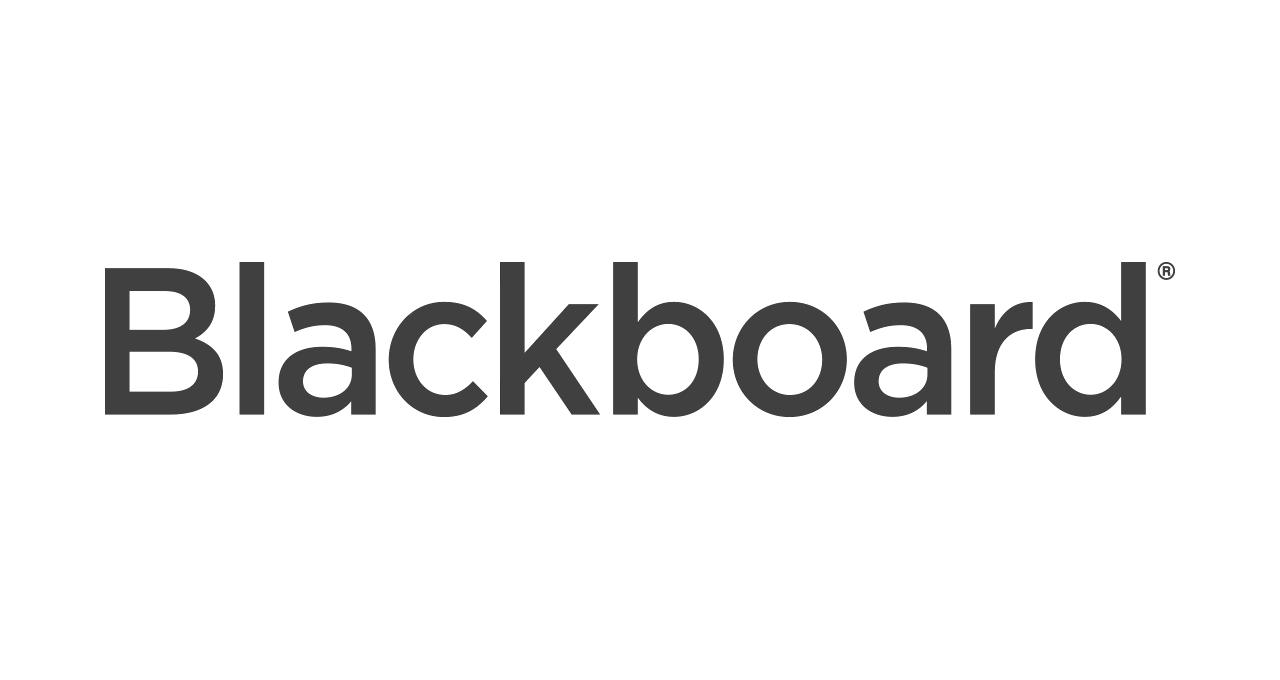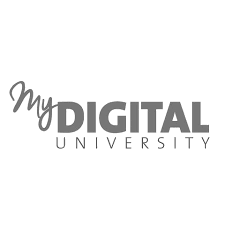



We can support you and study the ins and outs of localising your project into multiple languages in advance
Our extensive experience in localising IT solutions gives us expertise that is particularly suited to e-learning
We ensure your source and target documents are protected by providing enhanced IT security and by signing confidentiality agreements with everyone working on the project.
Our linguists are experts in their field, and our technological expertise guarantees a high level of quality and performance.
We can localise all of your content and any technical aspects in light of the cultural particularities of your audiences.
Send us your translation project for a quote.
We will get back to you within an hour (during office hours).
Education and translation, a long history
If we think about academic university publications, the field has always lent itself to translation, which has directly contributed to the growth of humanities and sciences. Driven by a desire to share the work carried out in educational institutions, the type of translatable content has evolved, most recently leaning towards marketing content to help raise the profile of these institutions internationally. Course content itself, ranging from general knowledge to highly-specialised, is increasingly being translated to cater to an audience that is increasingly connected and willing to study independently.
Increasingly varied and innovative options
Today, we have come a long way from translating old books. There are endless opportunities on offer. Although content quality is highly variable knowledge has ultimately never been so accessible. In addition to content available to everyone, the internet is now crammed with training services available on various platforms. Smartphone applications are even offering to become our new teachers.
Users around the world can access them, provided that the content is adapted. Taking into account the work carried out beforehand, the investment in translation is small in light of the benefits that a significantly larger audience could bring. Having access to a multitude of training courses in your own language is obviously more engaging than having them in a foreign language that you have little or no command of.
Localising e-learning solutions
Online courses and continuing education platforms have opened doors to self-learning, but they also form a new foundation on which companies and schools can truly rely.
These new media are an increasingly important reality in academic centres, in companies and on the internet. It is now common for companies to use LMS (“Learning Management System”) platforms to organise training courses for their employees. As for remote training institutions, they offer e-learning portals to reach a larger number of learners and ensure a better return on investment.
The translation of educational content is carried out by linguists specialising in this field. The translation of platforms requires additional expertise in localising web and software solutions. Interactivity adds a technical dimension that must be taken care of and requires expertise that not all translation companies have (see our page on IT translation).
These days, it is no longer rare to see platforms offering their content in many languages (like English, Spanish, German, Italian, Dutch and Simplified Chinese) to capture a larger audience. In order to reach this goal, you must finesse your multilingual SEO. Remember that your future students will be searching online in their mother tongue! (multilingual SEO)
The cultural aspect in learning
Cultural adaptation is particularly important in the field of training. In addition to practical aspects like adapting units of measurement, currencies, etc., the language must be adapted to the norms in the target country. The tone used in the source language may also be revised. Let’s take English, for example, which is often more informal and approaches some sensitive subjects (like money) more openly than other cultures or languages. We also have to think about professional practice. A training course could potentially cover any business sector, but the way you set up the training courses may vary from one country to another and depend on regulatory or institutional bodies that have nothing to do with those in the country where the translatable training content was created.
Each learner must be able to understand the issues as a whole and with reference to their own context. That is why it is essential that the linguists handling the translations are native speakers of the language into which they are translating and that they are in daily contact with the country’s culture.
Investing in translation projects in a controlled manner, while taking into account the opportunity offered by the market in the target country, makes it possible to significantly increase your revenue and student intake. Preparing for multilingual versions of your tools and training courses also enables you to position yourself as a model in your sector.
As you will have gathered, for your approach to really bear fruit, the translation must be considered in light of the many factors that we have just mentioned.
For several years now, Version internationale has been entrusted with the translation of the software of a long-standing leader in the e-learning software market. Until now, the language guidelines provided by our clients have been very strict and have required serious and standardised language with regard to both the terminology and style guide.
However, the gamification trend in the e-learning sector has pushed the boundaries, intensifying competition while establishing new practices. Our client felt that it had to adapt its offering to consumer demand to protect its client base and its brand image. As a result, we were given completely new language guidelines which required us to make a U-turn and replace the long-standing leader’s corporate tone with a more youthful and playful style.
This total shift in language and terminology meant we had to start this account from scratch, change all our habits and be very creative. We had to define and adopt an appropriate style by providing translations that were more in line with the company’s marketing objectives, while avoiding slip-ups that could be considered unprofessional.
We gathered our team of translators, editors and proof-readers, and defined new linguistic guidelines. Our linguists specialising in this account had lots of discussions to find the right balance. Indeed, we wanted to avoid the pitfall of using language that was too relaxed, which could undermine our client’s brand image. Team building, inventiveness and respect for the language enabled us to meet this challenge with flying colours.
Send us your translation project for a quote.
We will get back to you within an hour (during office hours).